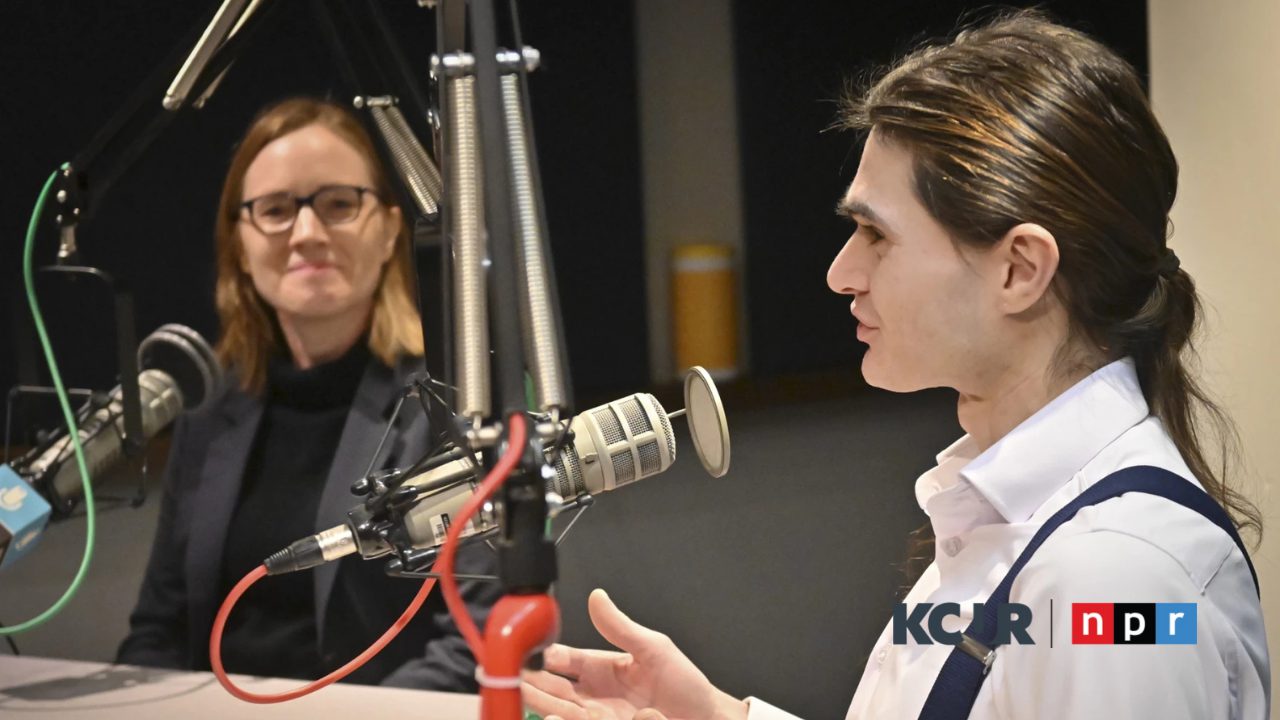The Stowers Institute is well-known for the exceptional training and resources it provides to early-career scientists, but now the Institute is extending a similar opportunity to non-scientific professionals. Launched in January, the Stowers Institute for Medical Research Leadership Fellows Program aims to provide leadership and governance experience and training to early-career professionals from diverse and under-represented backgrounds.
With an abundance of previously untapped non-scientific organizational resources in areas like legal and governance, human resources, finance and accounting, operations, and community outreach, the Institute is fertile ground for fellows who want to gain a deep understanding of functional management and leadership in an organization.
The six-month program was developed for post-graduate professional degreed individuals. Vice-President of Human Resources, Diversity, Equity, and Inclusion Patrick Mitchell shares, “Our target candidates for the program are post-grads, on a similar level as our scientific postdocs, who have earned a higher education degree and are ready to do some advanced training.”
Indeed, the Institute’s first Leadership Fellow, Mirjana Gacanich, had just received her law degree from the University of Missouri-Kansas City School of Law when presented with the idea of delaying her job hunt for six months to participate in the new program. The prospect of being able to engage in the corporate side of a science organization was enough for her to sign on.
“This experience has been amazing. I’ve had opportunities to do things that you normally wouldn’t get to do as a junior associate in a law firm,” says Gacanich. “The experience has blown me away. Coming into this, I couldn’t have expected how welcoming everyone would be and how happy all of the top-level executives would be to sit down with me to share their talent and be as excited as I am about learning from them.”
Attending board meetings, preparing and giving presentations, and participating in contract negotiations and execution are some of the things that Gacanich believes will give her an advantage once she begins her law career.
She notes that exposure to all aspects of the corporate and governance side of a unique scientific organization like Stowers has provided her with many “oh my gosh” moments where she gained a greater understanding of what it takes to operate this type of organization. Gacanich also took advantage of other opportunities to attend scientific regulatory meetings, attend scientific talks, and work with leaders in various departments at American Century Investments and BioMed Valley Discoveries.
Mitchell says he sees the variety of opportunities within the program as a way for early-career professionals to gain credentials that often take years to develop. While some new graduates may be concerned about delaying their job search, Mitchell says, “Mirjana recognized right away that the six months spent with us would accelerate her development.”
Mitchell also sees the value that the fellows can bring to the Institute. Not only will this expand the Institute’s Diversity, Equity, and Inclusion efforts, it can bring new ideas and perspectives to the organization. “We want the fellows to bring fresh insights to the projects they work on,” says Mitchell.
While these under-represented professionals gain valuable knowledge, exposure, and experience from the Leadership Fellows Program, Mitchell recognizes the future value that these individuals can have as ambassadors and community partners. “It’s a win-win situation for Stowers and these early-career professionals.”



